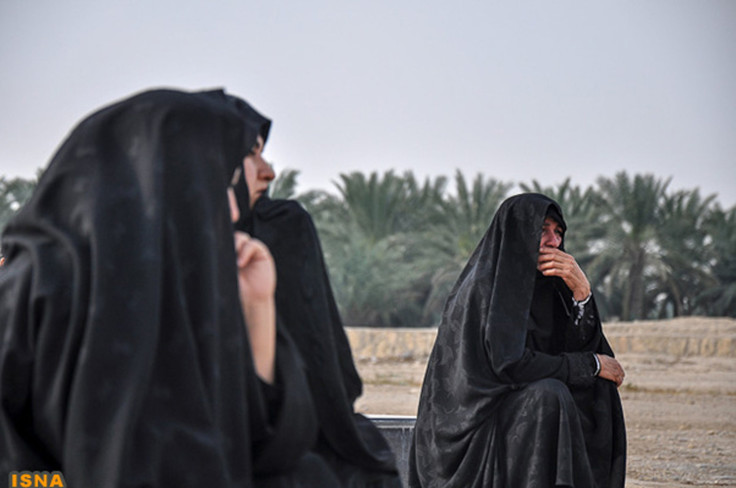Iran Seeks To Make Women 'Baby-Making Machines' With Laws For Sterilization, Contraceptives: Amnesty

Amnesty International said Wednesday that Iran's draft laws, which are aimed at prohibiting voluntary sterilization and restricting access to contraceptives would reduce the status of the country's women to “baby-making machines.” The statement comes as the Iranian parliament is discussing two bills that are aimed at increasing the country's population.
In a report released Wednesday, Amnesty International said that the Iranian government's proposals were misguided. The organization said, in a statement released with the report, that if such bills are approved, they would “entrench discriminatory practices” against women and may open them to further health risks. Until now, Iran had restricted its population by subsidizing contraceptives.
“The bills reinforce discriminatory stereotypes of women, and mark an unprecedented move by the state to interfere in people’s personal lives. In their zealous quest to project an image of military might and geopolitical strength by attempting to increase birth rates, Iran’s authorities are trampling all over the fundamental rights of women - even the marital bed is not out of bounds,” Hassiba Hadj Sahraoui, deputy director for the Middle East and North Africa at Amnesty International, said in the statement.
The latest legislation would overturn the country's slogan -- “two children is enough” -- which was used until birth control was being promoted, The Guardian reported. But Iranian leader Ayatollah Ali Khamenei said the practice was an imitation of western lifestyle and called for doubling the country's population.
According to the Amnesty statement, without proper contraceptives, women in the country will have to either give birth whether or not it was their choice or resort to unsafe, secretive abortions.
“The proposed laws will entrench discriminatory practices and set the rights of women and girls in Iran back by decades. The authorities are promoting a dangerous culture in which women are stripped of key rights and viewed as baby-making machines rather than human beings with fundamental rights to make choices about their own bodies and lives,” Sahraoui said in the statement.
The Bill to Increase Fertility Rates and Prevent Population Decline was passed in the parliament in August 2014 with an overwhelming majority. The bill is currently undergoing amendments as recommended by the Guardian Council, a body which needs to approve it before it can become a law, the statement said. The Comprehensive Population and Exaltation of Family Bill, which is scheduled to be discussed in the parliament next month, calls for all entities in the country to prioritize people in sequence of men with children, married men without children and married women with children, when they hire for certain jobs.
“The Iranian authorities must recognize that introducing such legislation could have devastating consequences for women trapped in abusive relationships,” Sahraoui said in the statement.
© Copyright IBTimes 2025. All rights reserved.






















